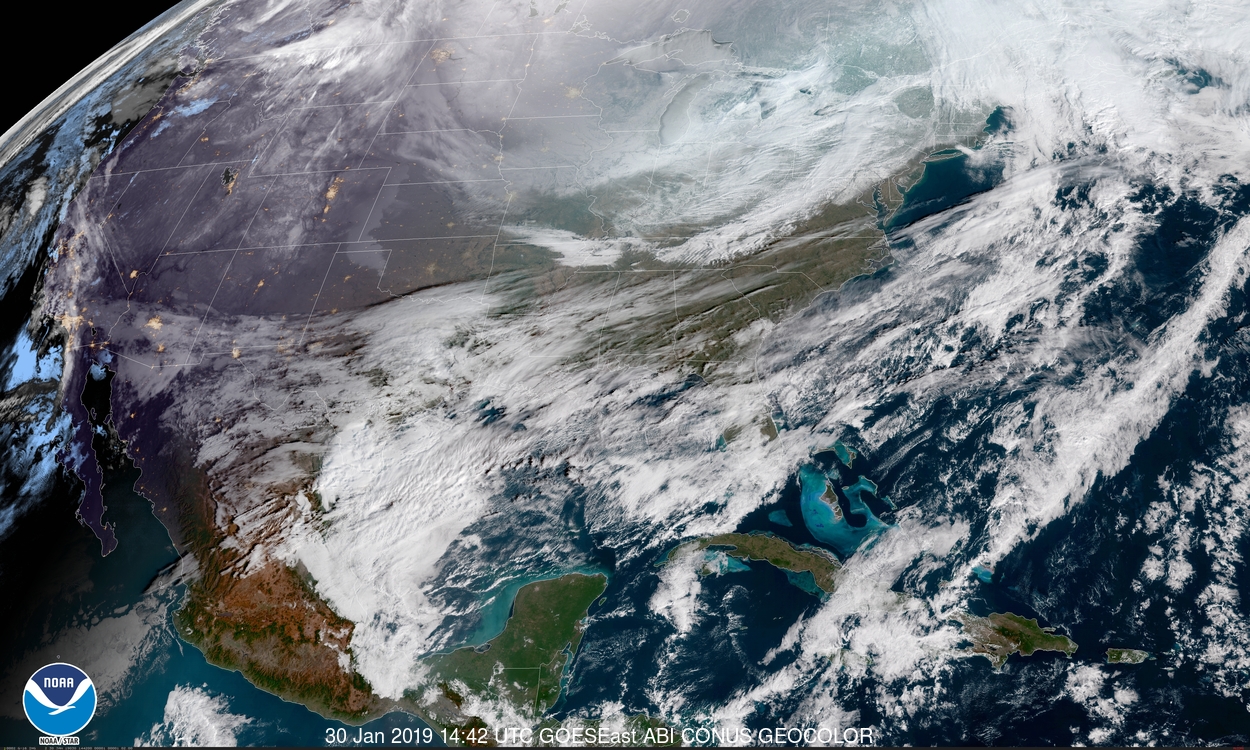SpaceX will launch 49 Starlink satellites on a Falcon 9 rocket today. Watch it live!
Liftoff is at 4:49 p.m. EST (2149 GMT).
CAPE CANAVERAL, Fla. — SpaceX is gearing up to launch its first rocket of 2022 on Thursday evening (Jan. 6) and you can watch the action live online.
The private spaceflight company will launch a stack of 49 Starlink satellites on one of its previously flown Falcon 9 rockets. (The company is expected to confirm the number of satellites closer to liftoff.)
The mission is set to blast off at 4:49 p.m. EST (2149 GMT) from Pad 39A at NASA's Kennedy Space Center, here in Florida, with a backup time of 6:47 p.m. EST (2347 GMT), in case of bad weather or other technical delays.
You can watch the launch live in the window above and on the Space.com homepage, courtesy of SpaceX. Live coverage will begin about 15 minutes before liftoff. You can also watch the launch directly via SpaceX and on YouTube.
Related: SpaceX's most-flown Falcon 9 rocket is a sooty veteran after 10 launches and landings (photos)

Thursday's flight will mark the first Falcon 9 mission for SpaceX so far in 2022 after it set a new company record for the most number of rocket launches in a year with 31 rockets launched in 2021. (That record was previously set in 2020, with SpaceX launching 26 Falcon 9 rockets.)
SpaceX is continuing with that momentum going into the new year. As such, we could see several rockets launched in January, as the company tries to keep up its rapid launch cadence.
Breaking space news, the latest updates on rocket launches, skywatching events and more!
Typically, SpaceX launches most of its Starlink satellites from its facilities at Cape Canaveral Space Force station, but there's another Falcon 9 rocket currently sitting there on Pad 40. Next week, on Jan. 13, that rocket will launch the Transporter 3 mission, a rideshare endeavor for SpaceX, where its workhorse rocket will carry dozens of small satellites for a variety of customers. As the name suggests, it will be the third dedicated rideshare mission that SpaceX has launched. (Transporter 1 and 2 both launched in 2021.) It will also mark the 34th dedicated Starlink mission to date.
Also scheduled to launch on a Falcon 9 rocket this month is the Italian space agency's COSMO-SkyMed Second Generation (CSG 2) radar reconnaissance satellite. That mission is slated to be SpaceX's next launch from Cape Canaveral after the Transporter 3 mission.
Thursday's flight also continues SpaceX's effort to launch its newly upgraded Starlink internet satellites. As part of an effort to make satellite operations more efficient, the company recently enhanced its satellites with the ability to communicate with each other via laser links. This will also reduce their reliance on ground stations here on Earth.
If successful, the flight could bring the total number of Starlink satellites launched to nearly 2,000, as it works to fill its planned orbital shells. The company has approval for as many as 30,000 of the broadband satellites, and could plan to launch even more.
Related: SpaceX launches Falcon 9 rocket on record 11th flight carrying 52 Starlink satellites
Ahead of Thursday's launch, SpaceX rolled out the Falcon 9 rocket on Wednesday afternoon to begin its final launch preparations. Sometimes this includes a static fire test of the rocket's nine Merlin 1D engines to make sure everything is in order ahead of the flight. SpaceX plans to let this one fly without its typical prelaunch test fire, something it has done increasingly more often recently. Either way, the Falcon is on the pad, poised and ready to fly.
Weather forecasters at the 45th Space Delta have predicted an 80% chance of favorable weather for launch, with the only issue being the potential for cumulus cloud formation.
Following a successful liftoff, the Falcon 9 is slated to touch down on the deck of SpaceX's newest drone ship, "A Shortfall of Gravitas."
Follow Amy Thompson on Twitter @astrogingersnap. Follow us on Twitter @Spacedotcom or Facebook.

Amy Thompson is a Florida-based space and science journalist, who joined Space.com as a contributing writer in 2015. She's passionate about all things space and is a huge science and science-fiction geek. Star Wars is her favorite fandom, with that sassy little droid, R2D2 being her favorite. She studied science at the University of Florida, earning a degree in microbiology. Her work has also been published in Newsweek, VICE, Smithsonian, and many more. Now she chases rockets, writing about launches, commercial space, space station science, and everything in between.
